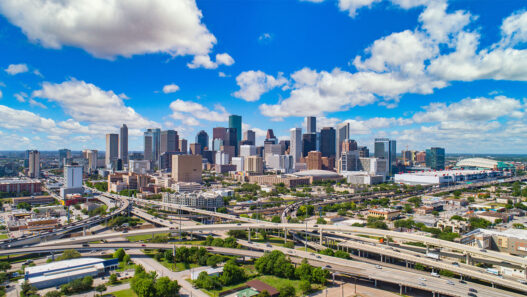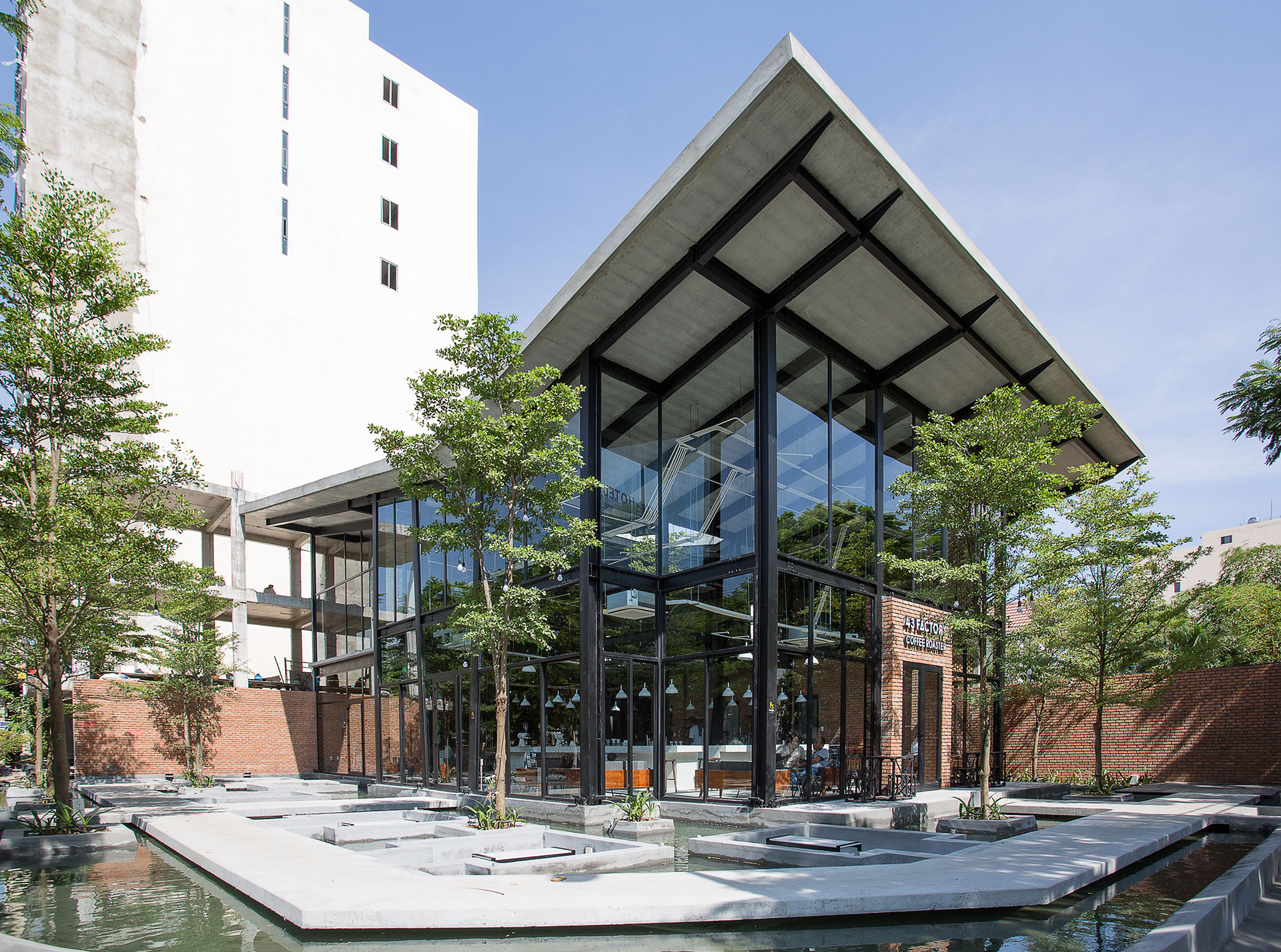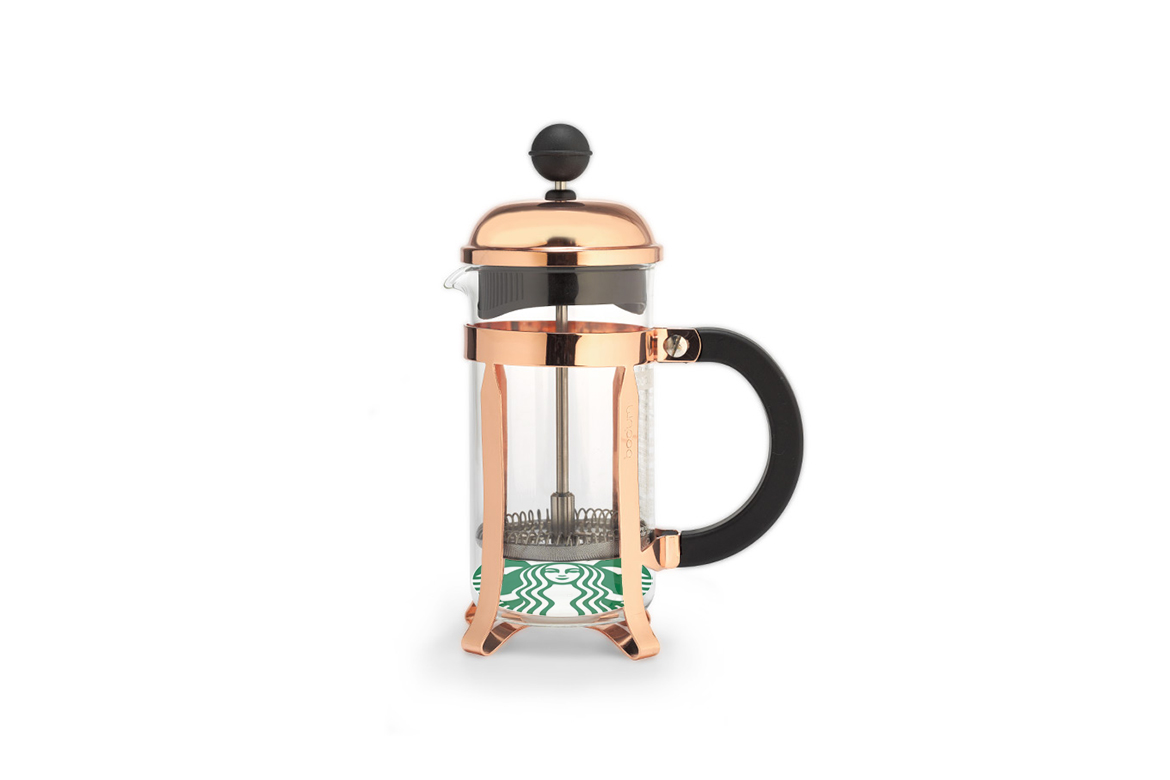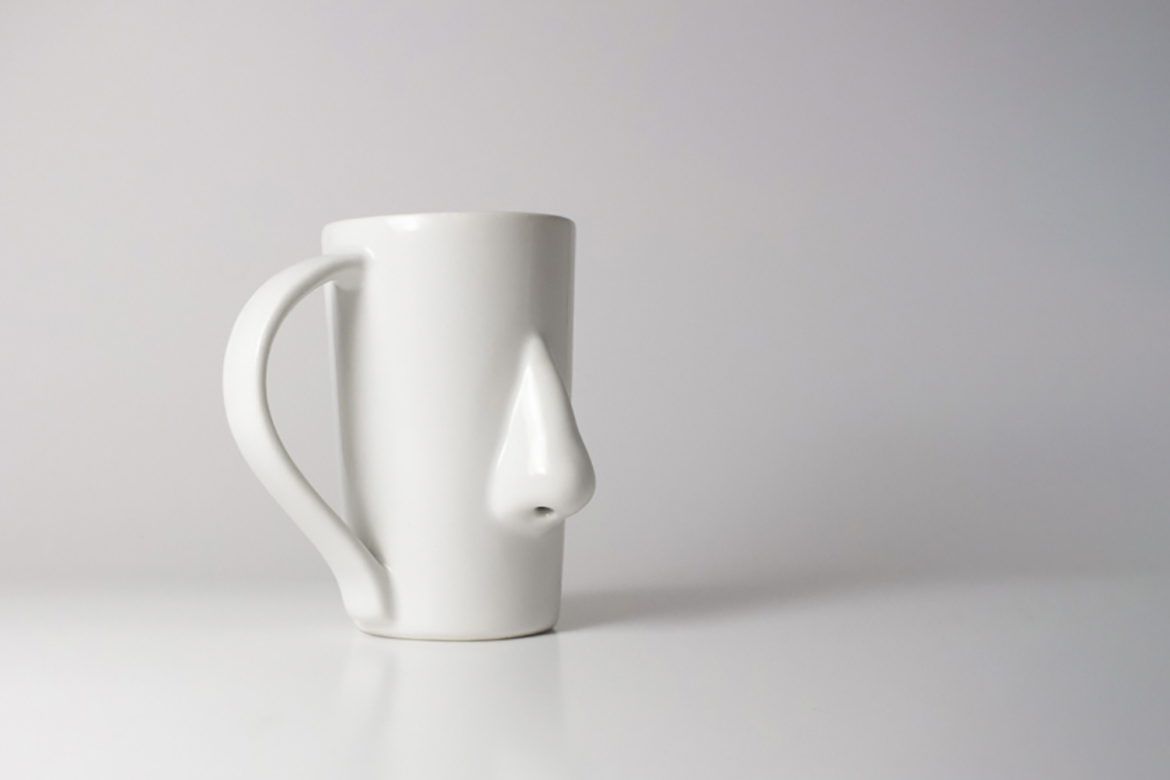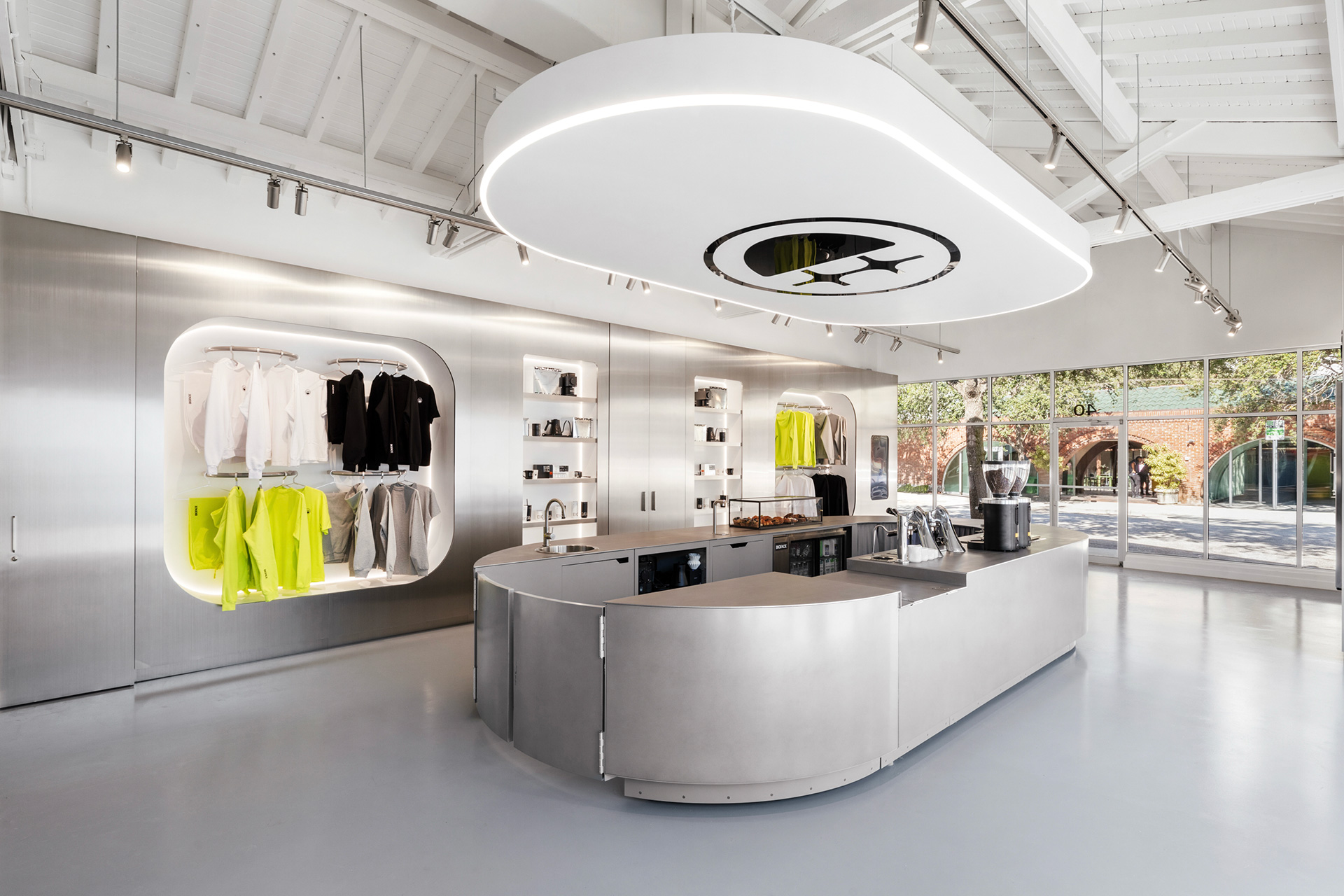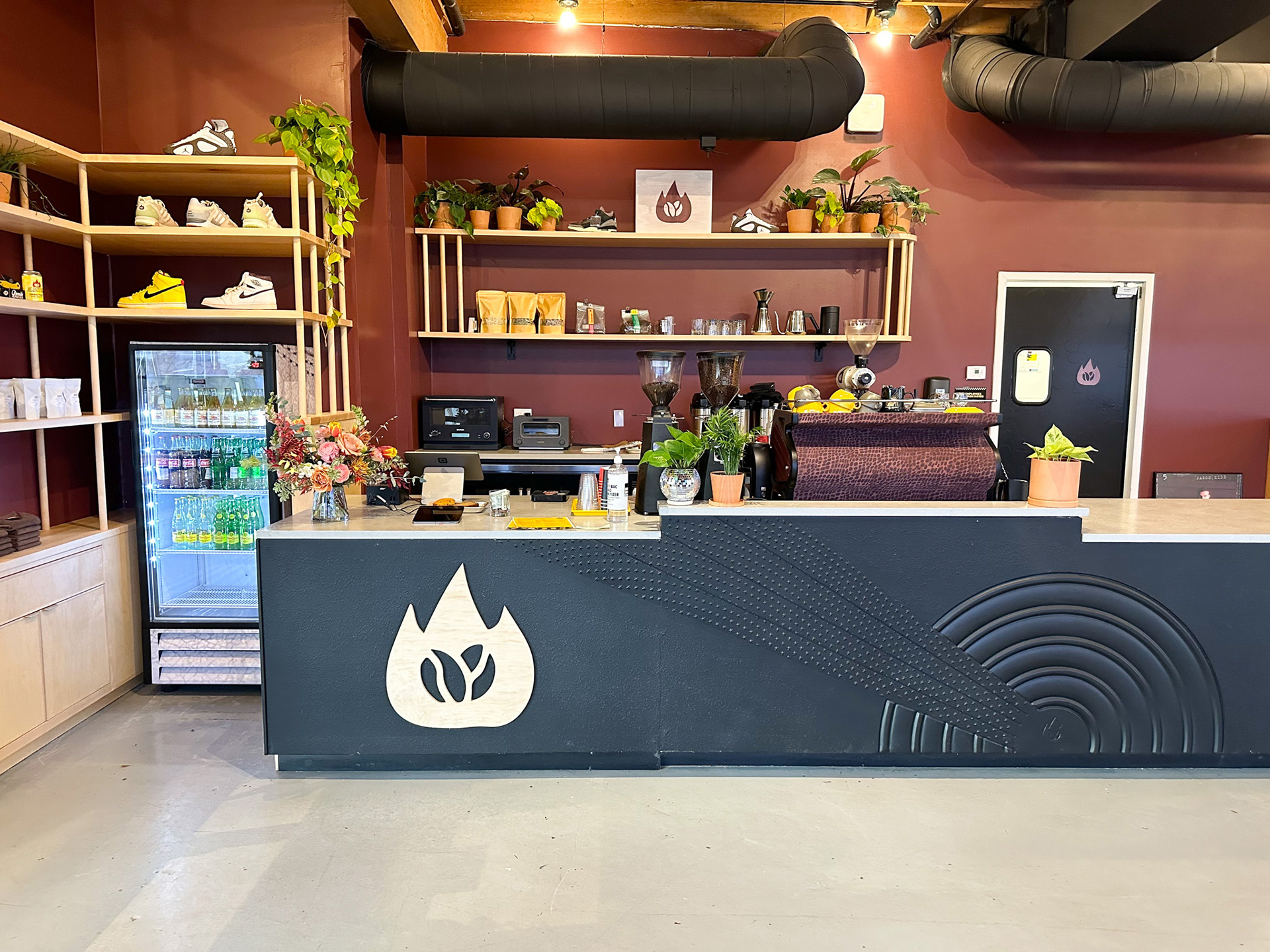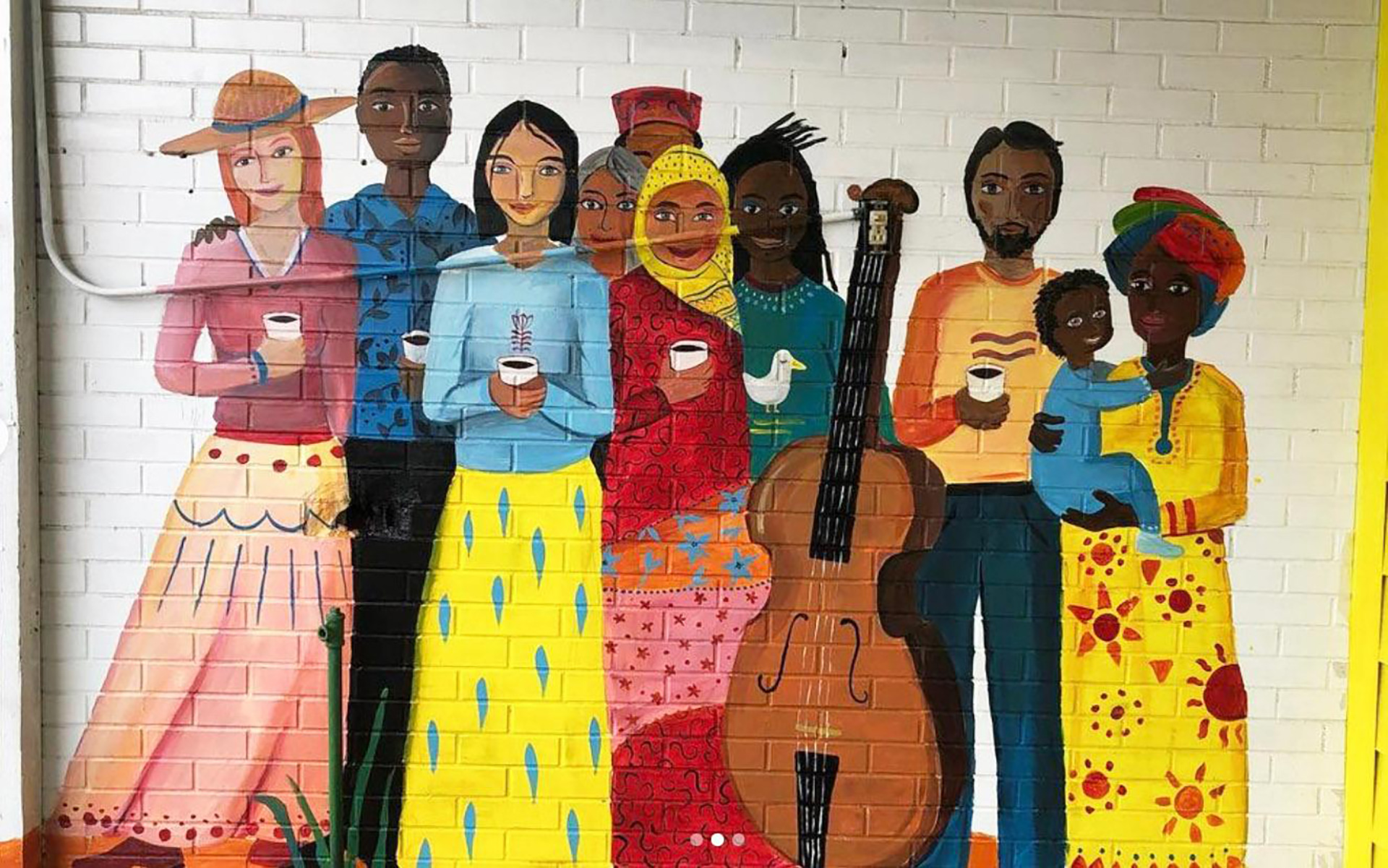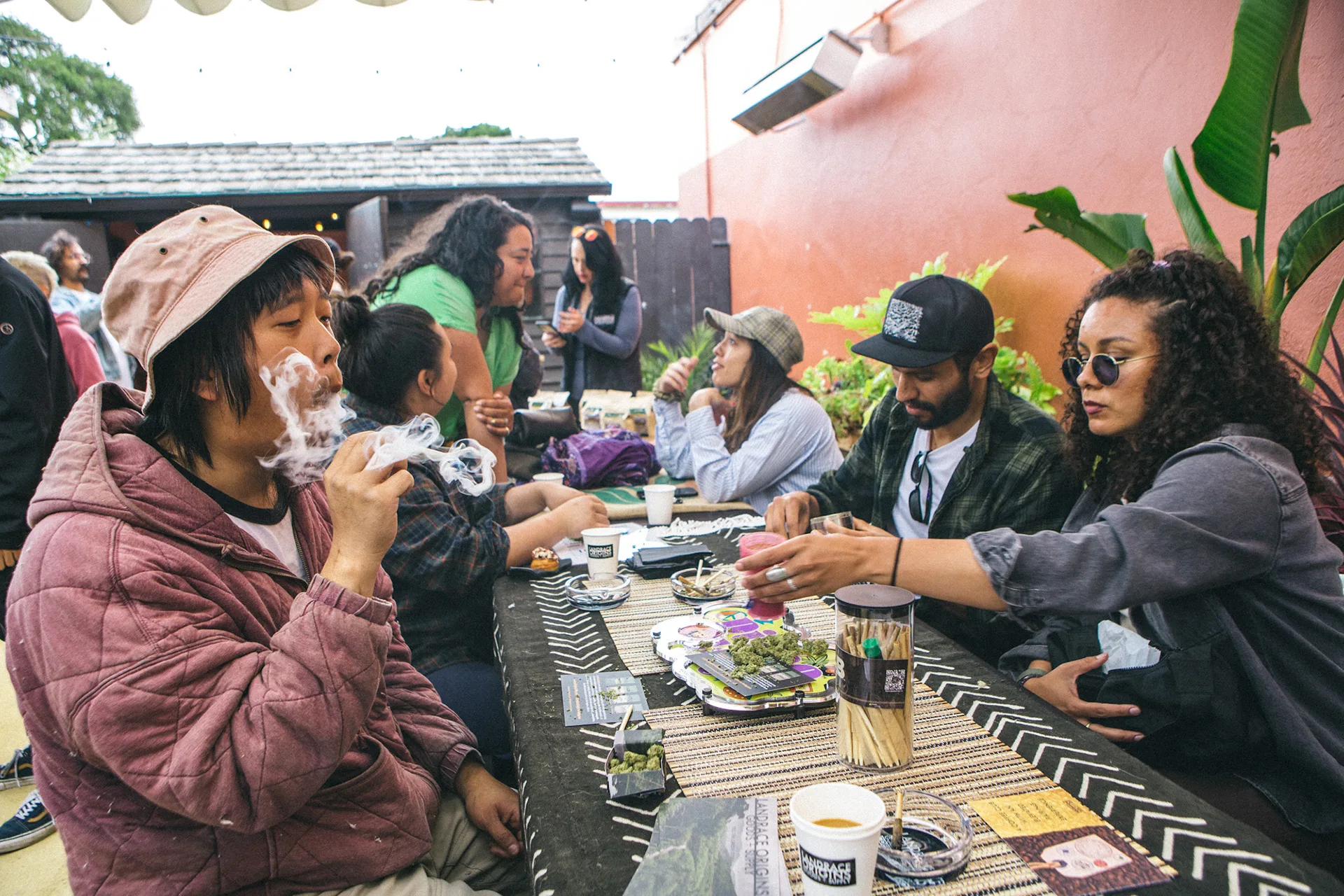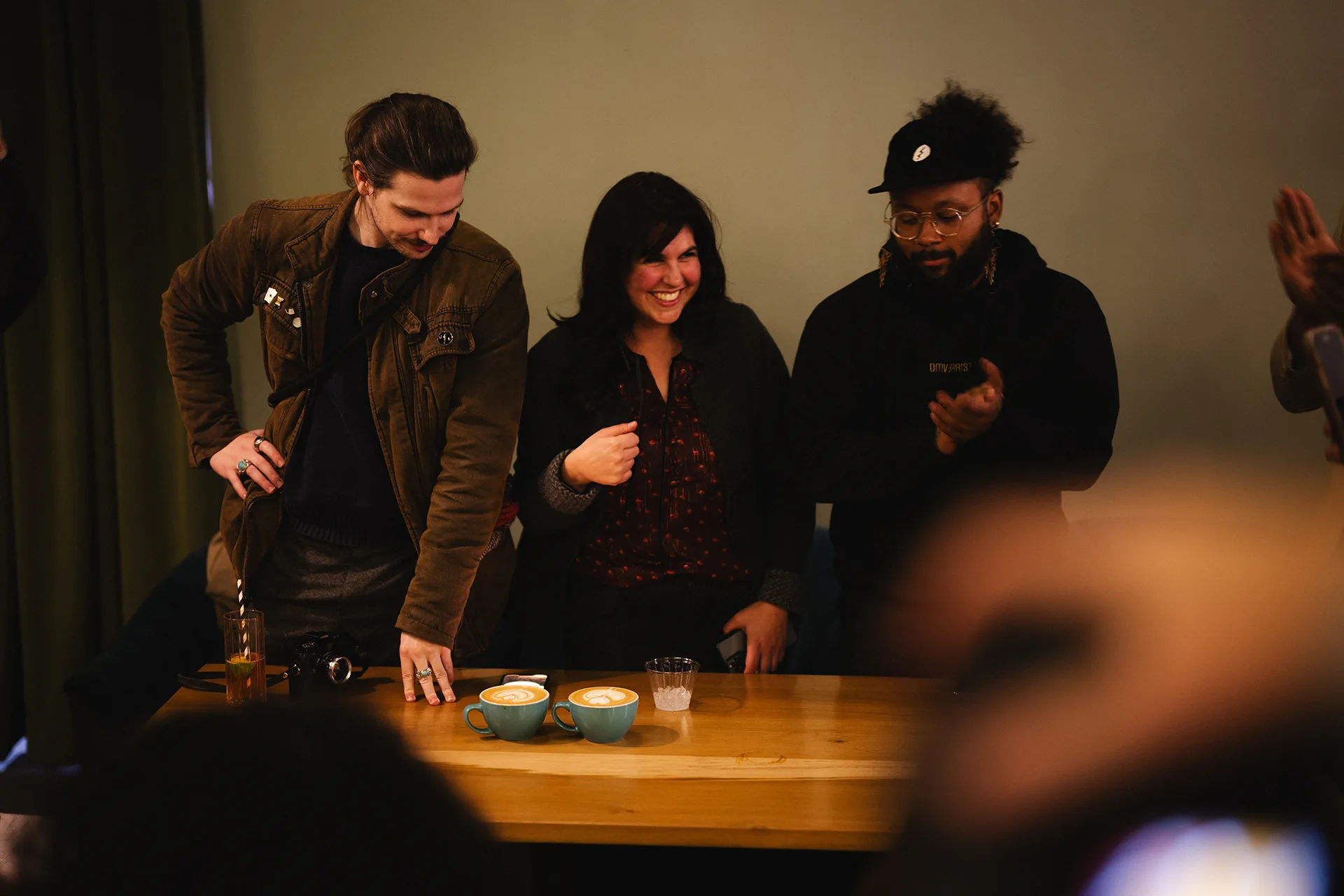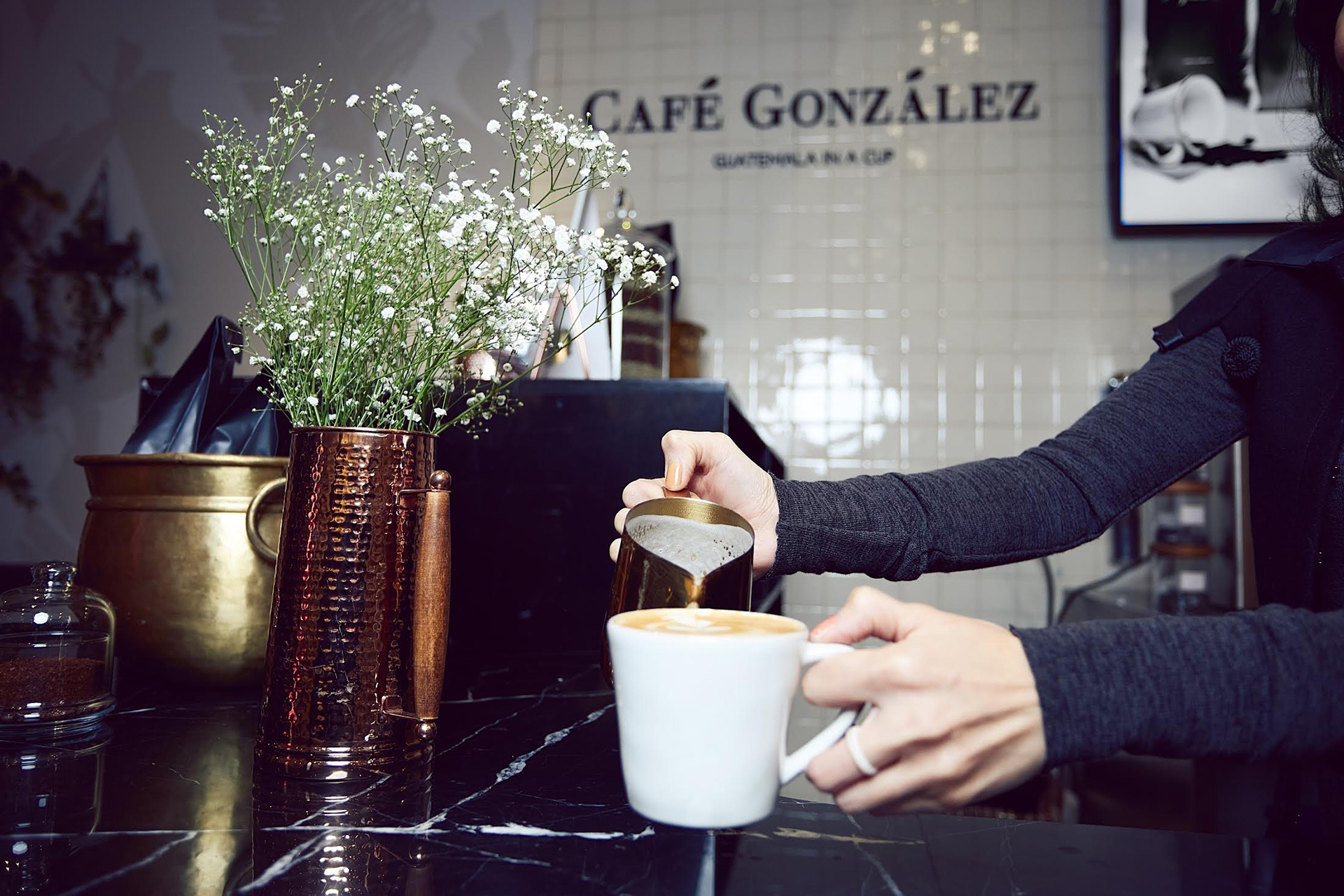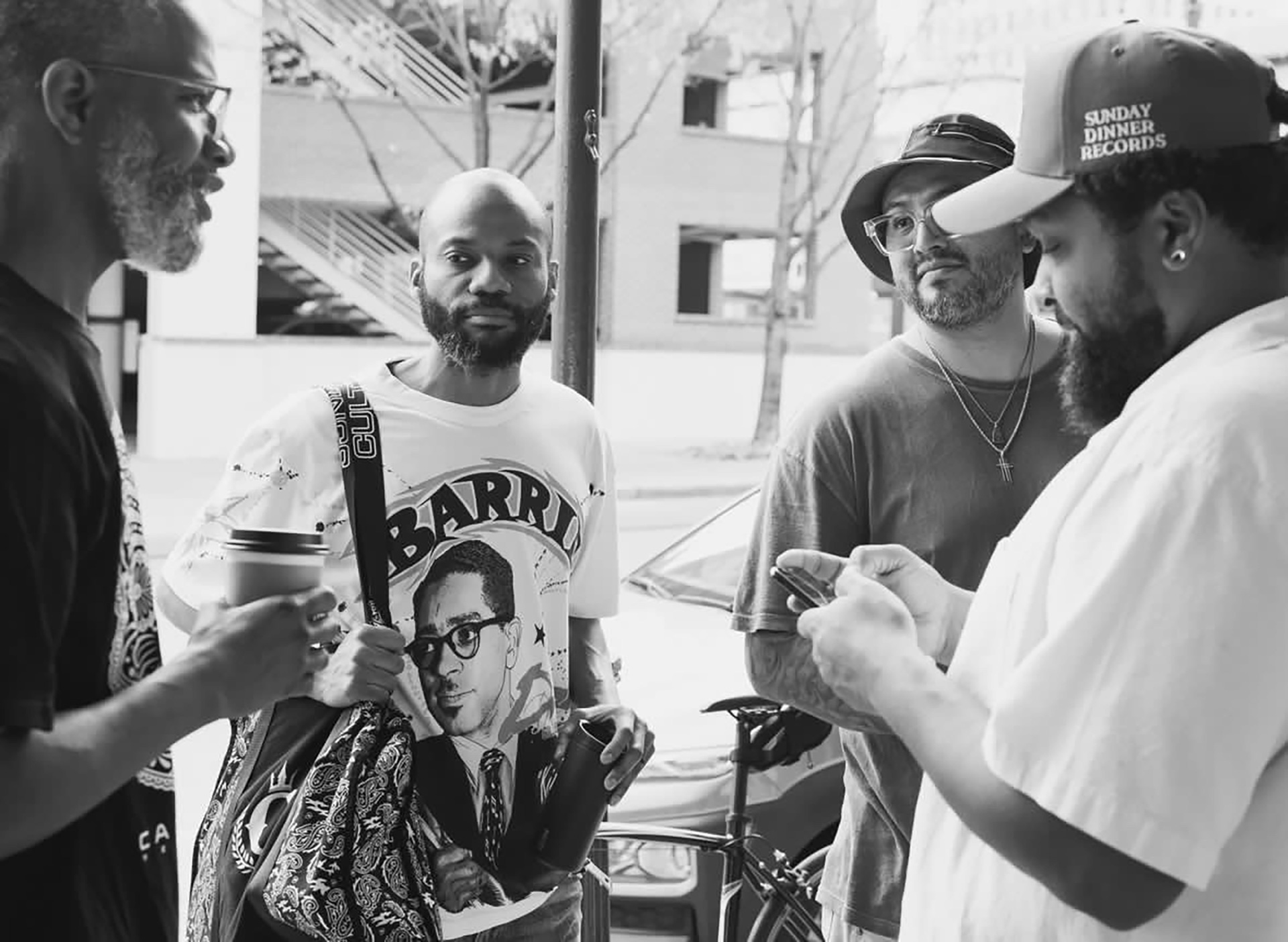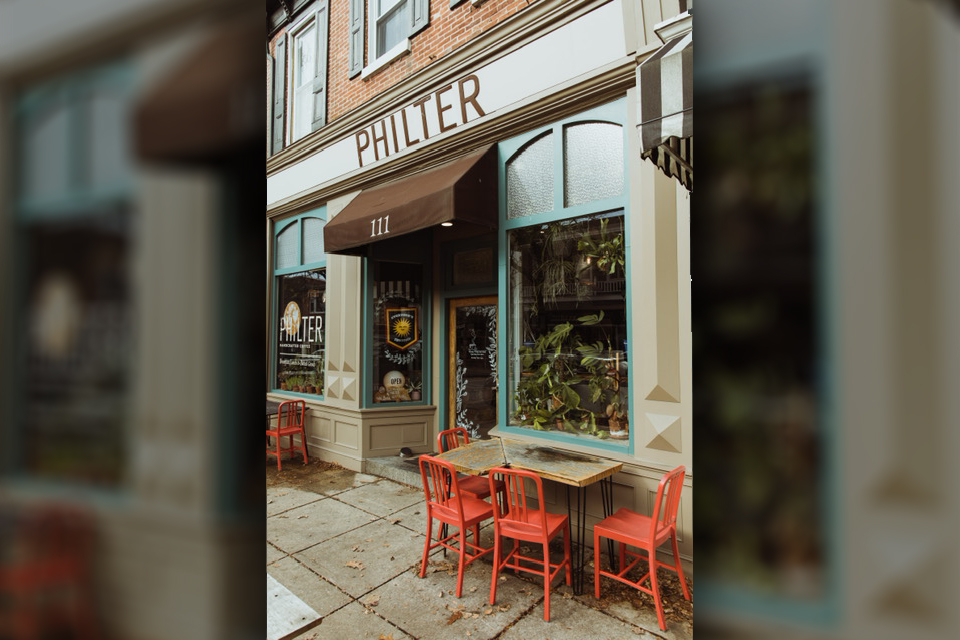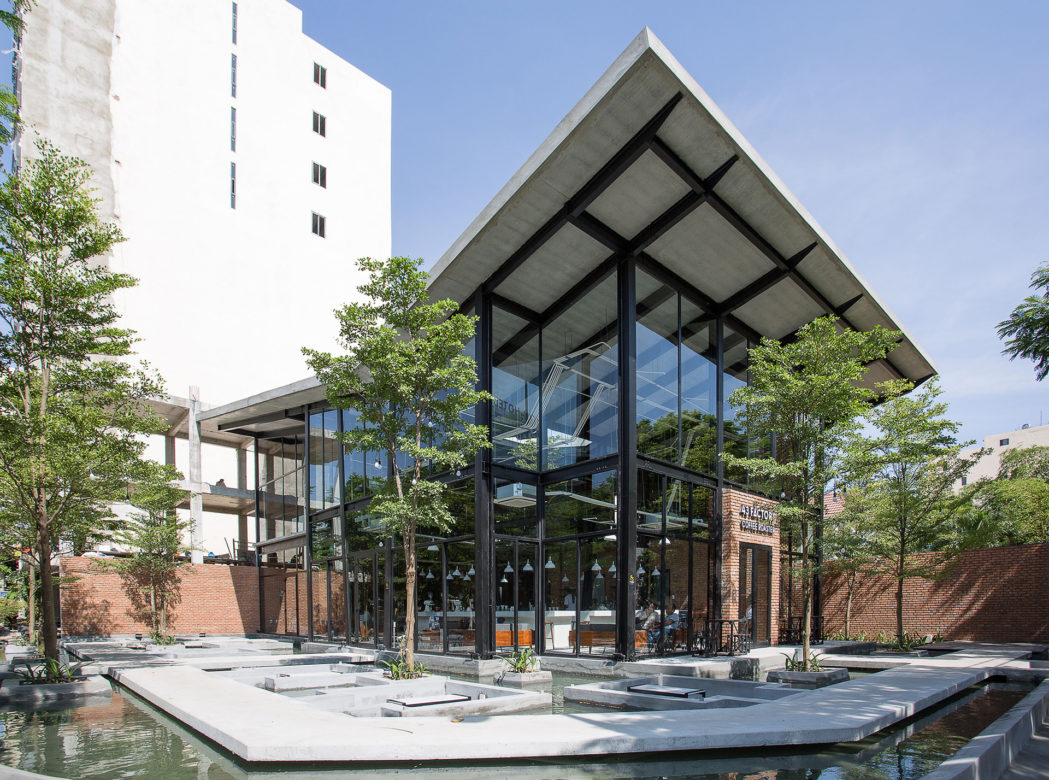
Coffee has a long, rich history in Vietnam. Sidewalk cafes with tiny tables and plastic stools are ubiquitous throughout the country. Traditional Vietnamese coffee—a phin-brewed combination of bitter Robusta and sweet condensed milk—is as much a symbol of Vietnamese culture as any other.
Despite a deep cultural appreciation for coffee and being the world’s second-largest producer, coffee in Vietnam—which is primarily robusta—isn’t known for being high quality. While big city shops like The Workshop and Bosgaurus have sought to shift the conversation around coffee in Vietnam, specialty coffee is still a relatively new concept in this rapidly changing country.
Now, in the burgeoning city of Da Nang, 43 Factory Coffee Roaster is leading the charge for Central Vietnam in the country’s coffee revolution.
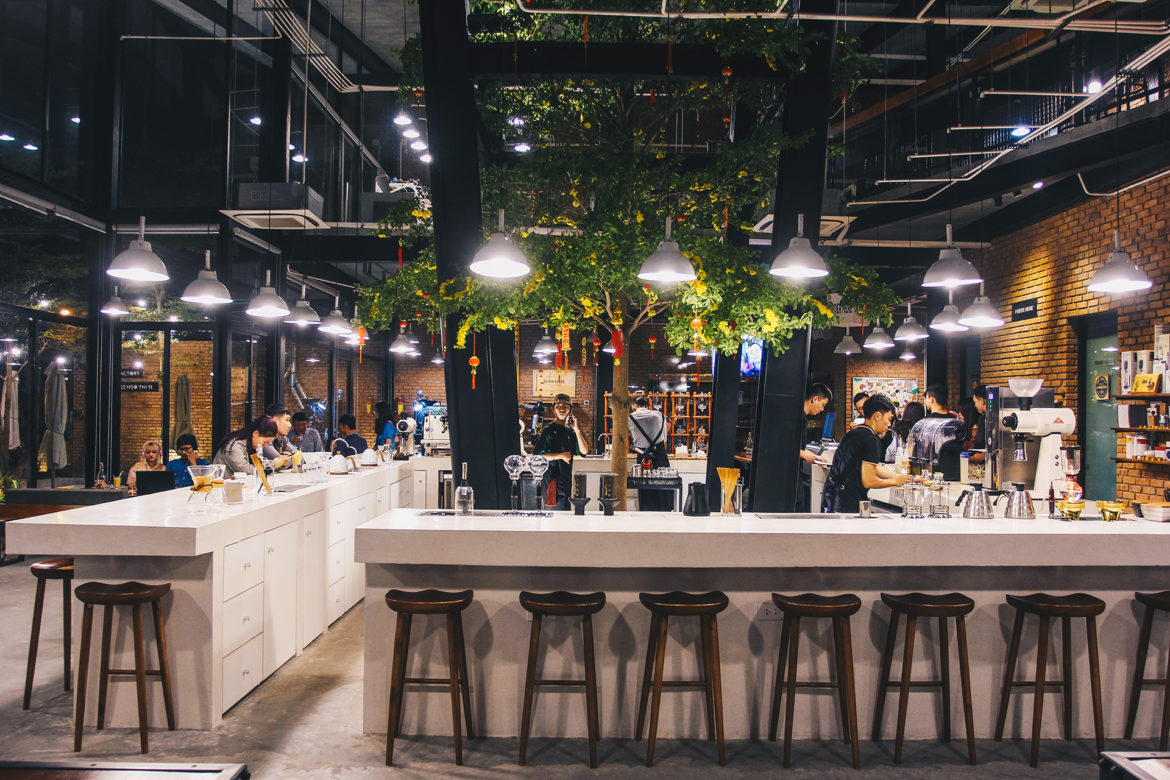
Da Nang has grown rapidly in recent years. It recently reached a population of one million and is now touted as the new must-visit city in Vietnam. After years of being skipped over by visitors in favor of nearby Hội An and Hue, the coastal city is becoming a premier travel destination.
Seeing the rapid development around Da Nang and wanting better coffee for his fellow citizens, LÊ Đắc Thành co-founded 43 Factory to bring a better coffee experience to his hometown. Born and raised in Da Nang, he chose “43” as a nod to the first numbers on the license plates of Da Nang vehicles.
LÊ Đắc Thành is young and full of ambition. He has to be. He understands that he’s fighting an uphill battle when it comes to influencing the perception of coffee among his fellow citizens. Still, it’s an endeavor LÊ Đắc Thành has decided is worth taking on.
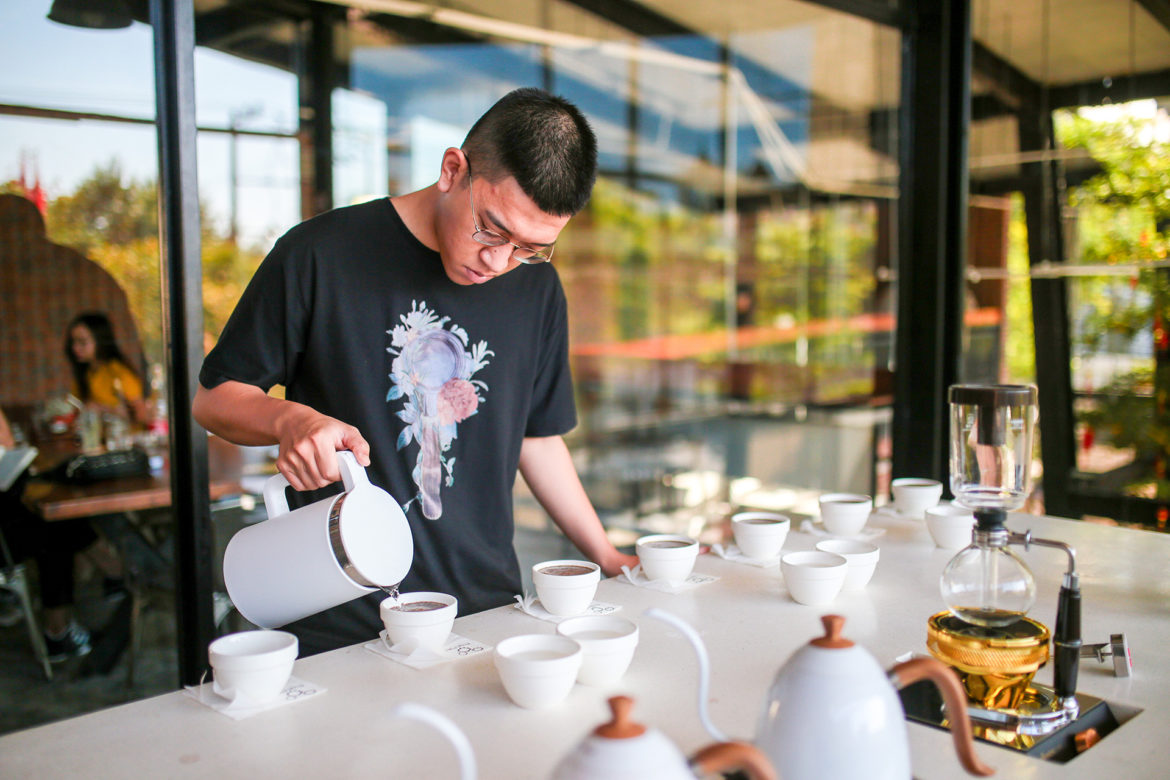
“I believe that it is very difficult for Vietnamese people to realize and face the truth that Vietnamese coffee is considered low quality and customers deserve to drink better coffee,” Thành says. “But we are young people who dare to fight. We love Da Nang, we love Vietnam, but we have our own way of doing things.”
He is resolute in his mission. Through 43 Factory, Thành’s goal is to effect change at the production level in Vietnam. By bringing a specialty-focused cafe to Da Nang, he believes that he can change the perception of what coffee can be. In turn, by showing that there’s a demand for better coffee, he hopes that producers will take notice and focus on producing quality coffee in Vietnam.
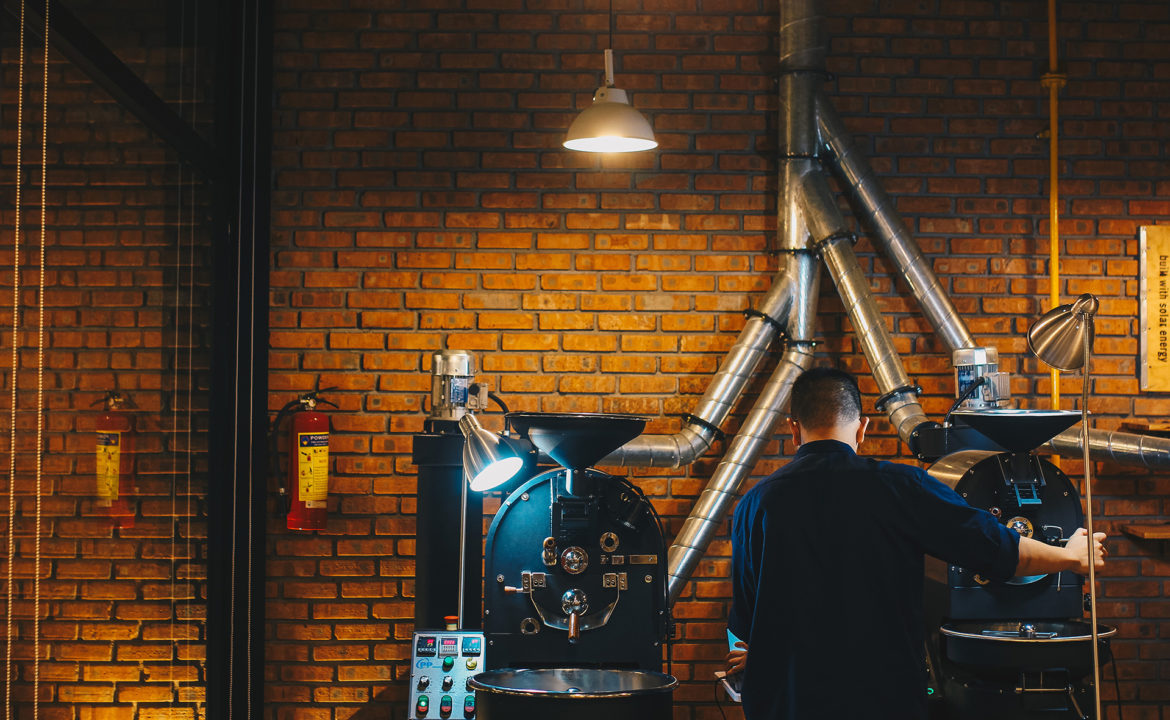
Historically, Vietnam’s “green bean production is poor quality and less sustainable,” explains LÊ Đắc Thành. “While people around the world can easily approach and consume high-quality Arabica coffee, Vietnamese people have very little opportunity to do so. That motivated us to build 43 Factory,” he adds. “The hope is that when consumer awareness and behaviors increase, there will be an improvement of the supply market.”
With an ambitious vision laid out for 43 Factory, LÊ Đắc Thành built the space to reflect his big dreams. As a result, 43 Factory is one of the most visually stunning cafes you’ll ever visit—each element carefully thought out, each flourish meaningful.
Located just a few blocks from the beach, the cafe is a harmony of industrial, minimalist, and tropical styles. Floor to ceiling windows, steel frames, and green trees provide a balanced design that manages to be equal parts elegant and simple. A profile view of 43 Factory reveals a roof in the shape of a bird’s wing to represent “the dream of reaching out for the coffee industry sky,” says LÊ Đắc Thành.
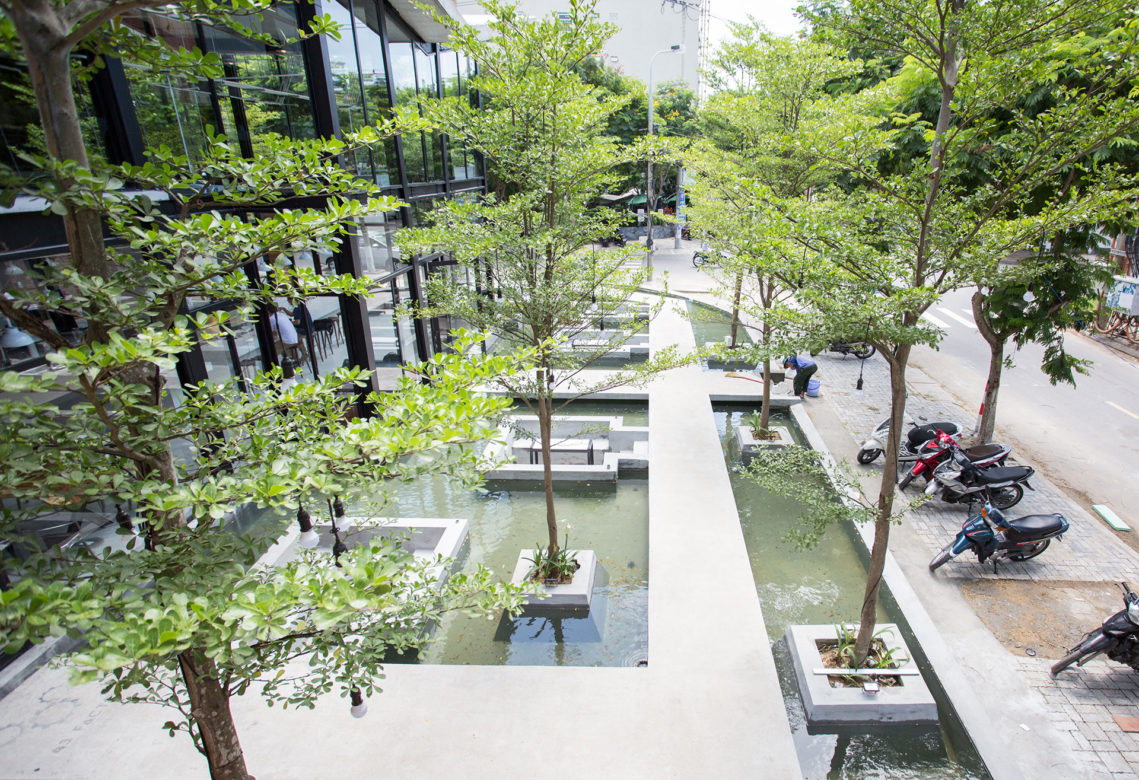
Outside, a massive koi pond surrounds the cafe. A concrete walkway cuts through the pond where sunken stone booths allow guests to sit amongst dozens of colorful fish. Inside, an open bar takes center stage. In the middle of the bar, a tree stretches up to the second floor. Furthering the design metaphors, LÊ Đắc Thành says that the tree symbolizes being “newly involved in the coffee industry but having aspirations to develop.”
With the baristas behind low counters adorned with various grinders and brewing equipment, customers can grab a seat at the bar and witness each step of the bean-to-cup process.

Transparency, attention to detail, and education are all part of the bigger picture at 43 Factory. Here, it’s understood that it’s not just about the success of the cafe, but the Vietnamese coffee industry as a whole. To this end, LÊ Đắc Thành and his team are happy to do their part.
“We never feared failure,” LÊ Đắc Thành says confidently. “We believe that one day, Vietnamese farmers will have to change their production habits towards quality rather than quantity,” he adds before summarizing the future he sees for his country’s coffee industry.
“Then, the world will officially recognize Vietnam on a specialty coffee map.”
Zach Anderson is a freelance journalist living in Southeast Asia. This is Zach Anderson’s first feature for Sprudge.
Photos courtesy of 43 Factory Coffee Roaster










